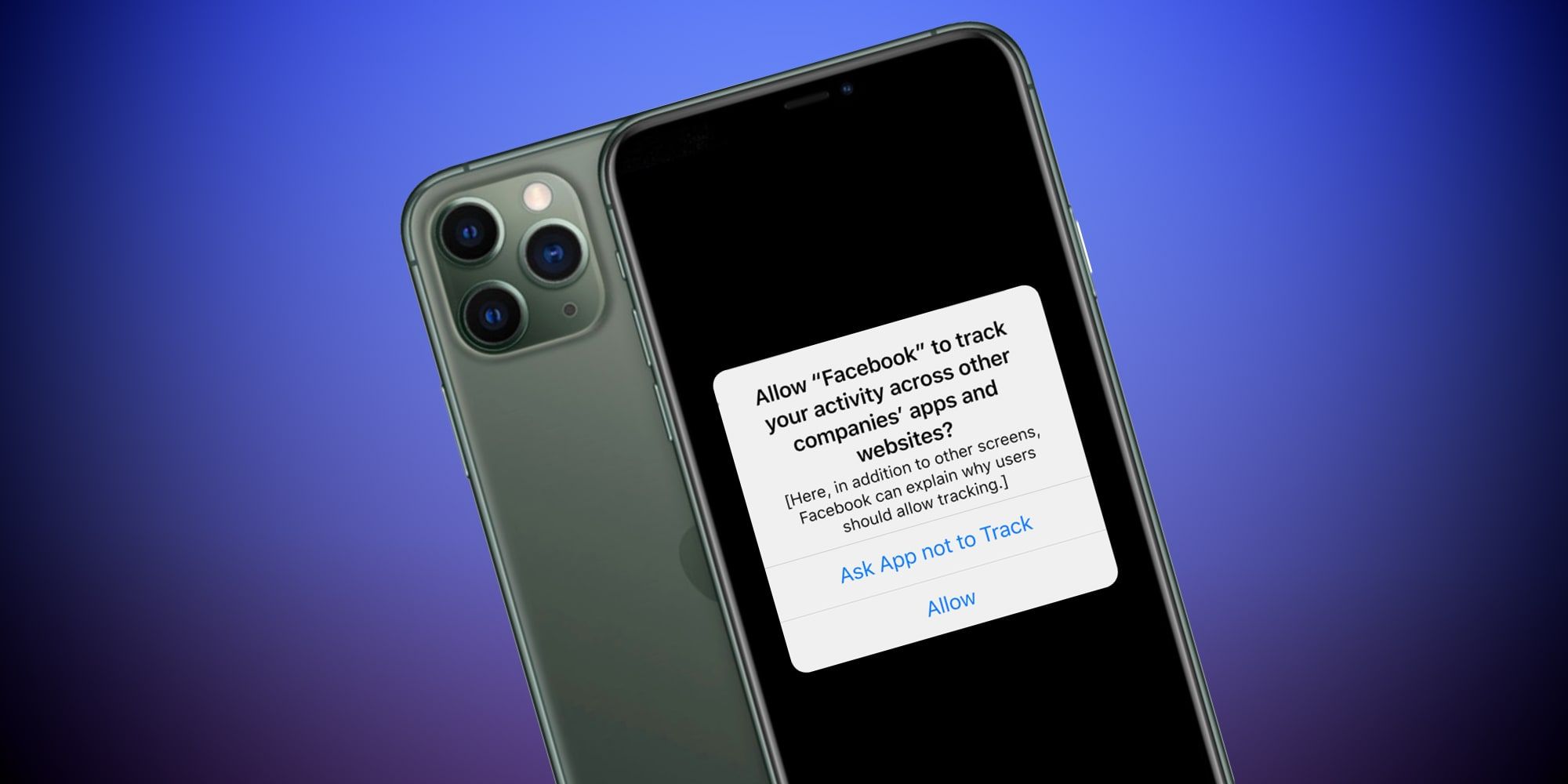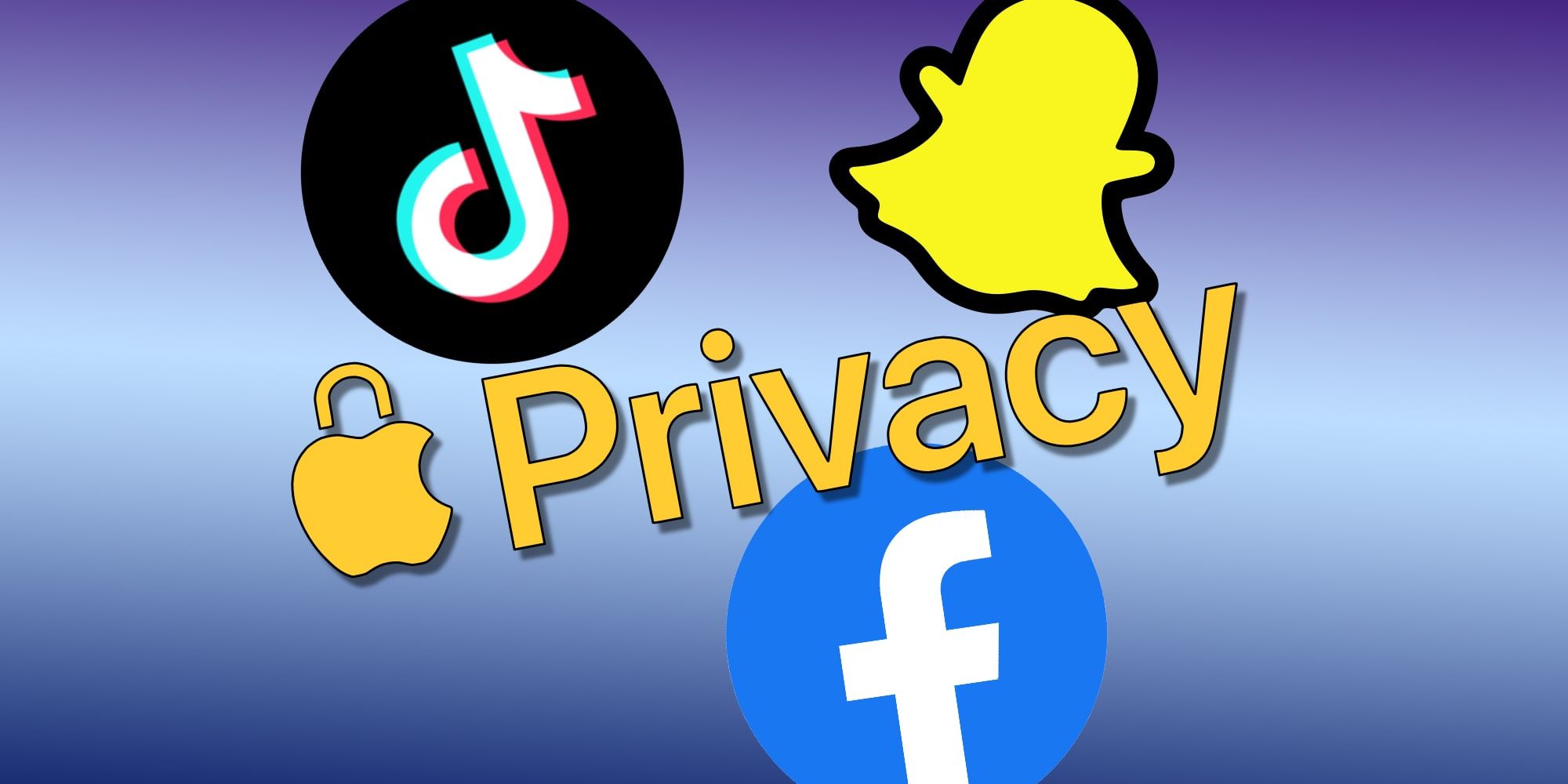
Apple has made big waves in the advertising world with its focus on privacy for owners of iPhone and iPad mobile devices and the App Tracking Transparency feature for iOS, iPadOS, and tvOS will be arriving soon. Tracking adds value for advertisers and allows app developers to collect more money from advertisements. With disclosures often buried in long privacy policies that many users don't want to invest the time to read, the new feature should offer relief to those concerned about privacy while putting pressure on apps that rely on tracking
In December of 2020, Apple introduced App Privacy Labels with the release of iOS 14.3. App Store Privacy Labels appear for any apps that have been updated since the new operating system release. About half-way down the listing, a new heading, ‘App Privacy,’ details the seller name, a link to the developer’s privacy policy and a short summary of the types of data collected by the app. More details are just a tap away, and for some apps, such as Facebook, the list of information harvested is remarkably long. Some of the more troubling categories include ‘Data Used to Track You’ and ‘Data Linked to You.’ Although some apps show the optional ‘Data Not Linked to You,’ most omit it perhaps hoping to make that section smaller and less obvious.
While Apple made privacy information more visible in the App Store before, helping to inform iPhone and iPad users about tracking and data collection before installing, it doesn’t address the fact that millions of devices already exist with apps that were installed before Privacy Labels became available. If those apps have been updated recently, they must show privacy information in the App Store, but an app can be updated without the user visiting its listing. This means many may not be aware of tracking issues for apps that have already been installed. Apple's App Transparency is a new way of revealing that information. Apple states that this new feature will arrive with the next beta release and will come to the general public in early spring.

App Transparency provides a very direct and immediate way for users to understand that an app is trying to track their activity across third-party apps and websites. Once the feature is active, an updated iPhone will begin alerting the user to any app that tries to access data that can be used to track them. The user is given the option to allow the tracking, which is equivalent to the current behavior, or to ask the app to not track activity. How the app responds to the request is up to the app developer. For example, they may choose to deny service or, more likely, will allow the use of the app without tracking. This doesn’t block advertising, it simply limits the information collected and shared with advertisers.
Full iOS upgrades come once a year, usually in September, but there are a varying number of minor releases throughout the year. With iOS 14, Apple has picked up the pace of changes, posting a new update roughly every month since last September. At this rate, iOS 14.5 could appear in February, but may take longer since this is a big change. Before the general release, the beta version is tested and could be revised multiple times before it passes muster and goes on to the public. For now, it seems likely that iOS 14.5 will arrive in the first quarter of the year, with App Transparency going live for everyone soon after.
Source: Apple
from ScreenRant - Feed https://ift.tt/3iYsyZ2

0 Comments